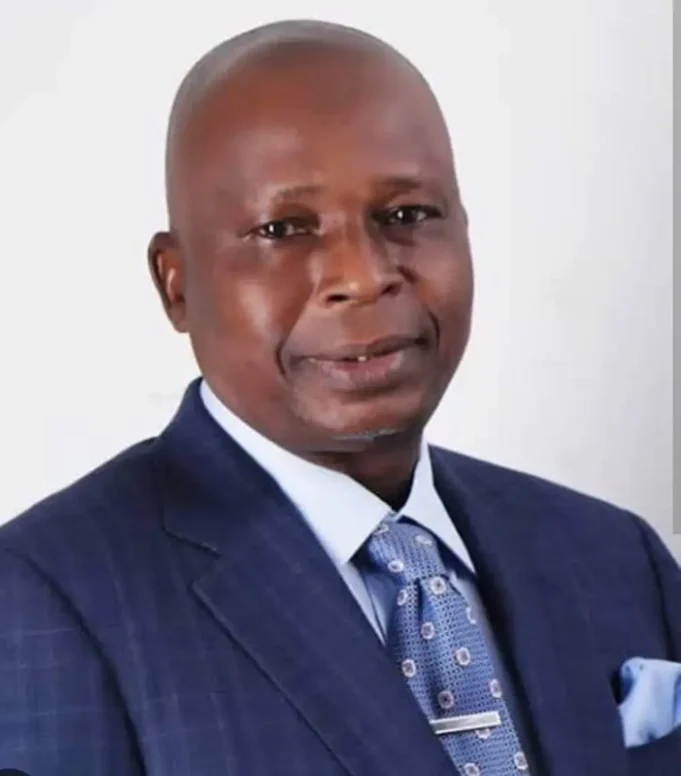Nigeria’s Attorney General and Minister of Justice, Mr. Lateef Fagbemi, SAN, has called on the country’s anti-corruption agencies, the Economic and Financial Crimes Commission (EFCC) and the Independent Corrupt Practices and Other Related Offences Commission (ICPC) to adopt the investigative methods used by the Federal Bureau of Investigation (FBI).
Speaking at the Food and Energy Security in Africa Conference in Lagos, Fagbemi advocated for a more discreet and thorough approach to corruption investigations, similar to the FBI’s model.
He emphasized that these agencies should focus on completing comprehensive investigations before taking public actions like arrests.
“My approach has always been that when EFCC or ICPC is investigating anyone, I would prefer them to follow the FBI model,” Fagbemi said.
He praised the FBI’s method of conducting investigations in secret, only revealing their actions once they are ready to make a move.
“In the FBI, you don’t hear about investigations until they knock on your door. At that point, you have your rights, and you can call your lawyer, but by then, they are ready with a case,” he explained.
The Attorney General further criticized the practice of media trials, where suspects are publicly accused and tried before investigations are concluded.
He suggested that such practices, fueled by social media, can damage the reputations of those involved even before the truth is known.
“We need a more civilized approach to combating corruption, where actions are not made public until the investigation is complete,” Fagbemi stressed.
Fagbemi acknowledged the role of social media in amplifying public perceptions of corruption cases, but warned that this can lead to a premature judgment of suspects.
“Social media can bastardize and abuse suspects before the truth even comes out,” he said, advocating for a fairer process that upholds the legal rights of those under investigation.
The Minister also reassured the public that the Nigerian government remains committed to fighting corruption, citing laws such as the Money Laundering (Prevention and Prohibition) Act of 2022 and the Corruption Act of 2022 as steps in the right direction.
He highlighted that the anti-corruption agencies had made significant progress, securing nearly 4,000 convictions in 2022 alone.
Fagbemi emphasized that, in addition to prosecuting corruption, the EFCC and ICPC are focusing on preventative measures to curb future offenses.
He also addressed concerns about inconsistent judicial rulings, noting that new technologies are being introduced to improve the predictability and consistency of court decisions.
“Technology is being implemented to track judicial decisions and ensure that rulings in similar cases across different courts are aligned. This will help address issues of conflicting decisions and make the legal process more transparent and reliable.”

















